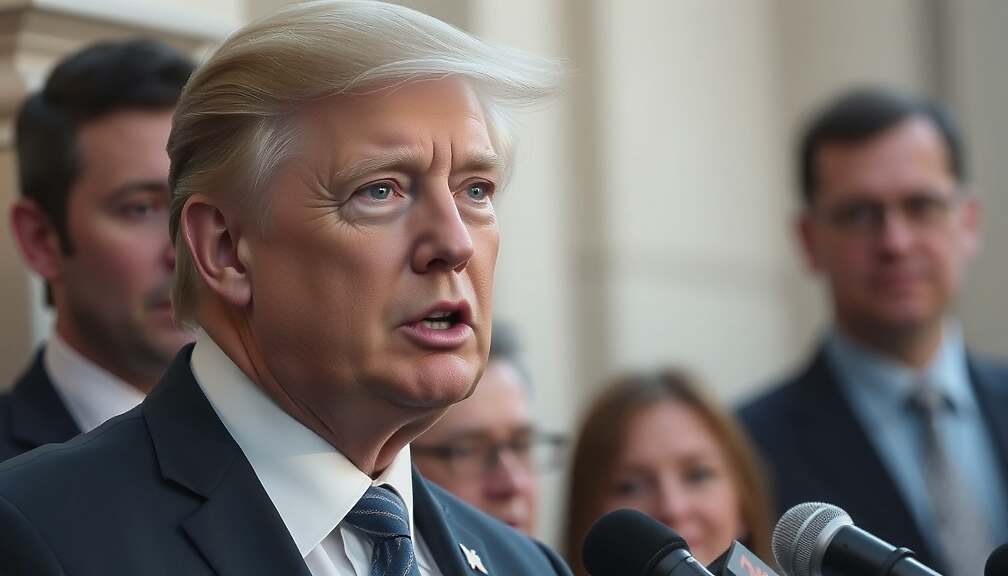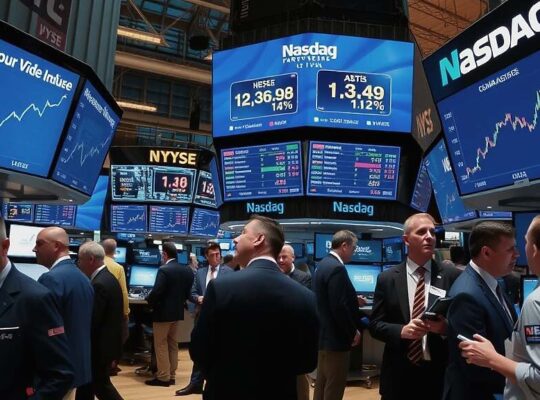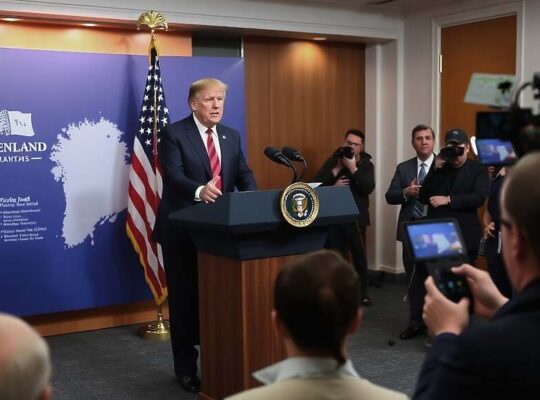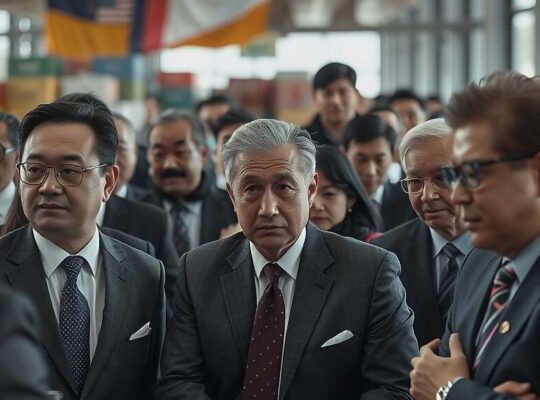Economists are anticipating that US President Donald Trump’s threat to impose a 30% tariff on EU goods, set to take effect August 1st, may not represent the final word in the ongoing trade dispute.
Jens Südekum, personal economic advisor to German Finance Minister Lars Klingbeil, noted Trump’s history of making strong pronouncements followed by reversals. He stated there’s no indication this time will be different.
Moritz Schularick, President of the Kiel Institute for World Economics (IfW), echoed this sentiment, suggesting a high probability of what investors have termed “TACO” – Trump Always Chickens Out. This reflects a pattern of the US President not fully implementing previously announced hardline measures, a situation observed following the “Liberation Day” in early April when initially announced tariffs were reduced and suspended.
Should Trump maintain his position, the impact on the German economy would be noticeable. Schularick forecasts a reduction of 0.5 to 0.6 percentage points in Germany’s Gross Domestic Product next year. However, he emphasized that this alone would not trigger a recession, given current projections of approximately 1.5% economic growth for the coming year, driven by significant government spending programs.
Both economists are advising the EU Commission, which leads trade negotiations for the EU, against hasty retaliatory measures. Instead, they recommend signaling readiness to implement counter-tariffs from August 1st, a tactic potentially compelling Trump to reconsider. They underscore that Trump’s rationale, focusing on the US trade deficit with the EU, presents an incomplete picture, given the significant US surplus in the service trade sector. Schularick urged the Commission to integrate service trade considerations into ongoing negotiations. Südekum stressed the necessity of the EU preparing counter-measures by August 1st, using tools such as digital taxes, tariffs, or export restrictions.
Both economists anticipate potential losses in stock markets on Monday, which could influence Trump’s actions. They emphasize that the United States itself stands to be the largest economic loser in this conflict, particularly given Trump’s intention to apply similar tariffs on other major trade partners like China and Japan, coupled with the inability to readily substitute imports with domestically produced goods, potentially driving inflation upwards. While a risk of far-reaching consequences for Germany remains, a US recession or instability in financial markets would present largely uncalculable repercussions.












